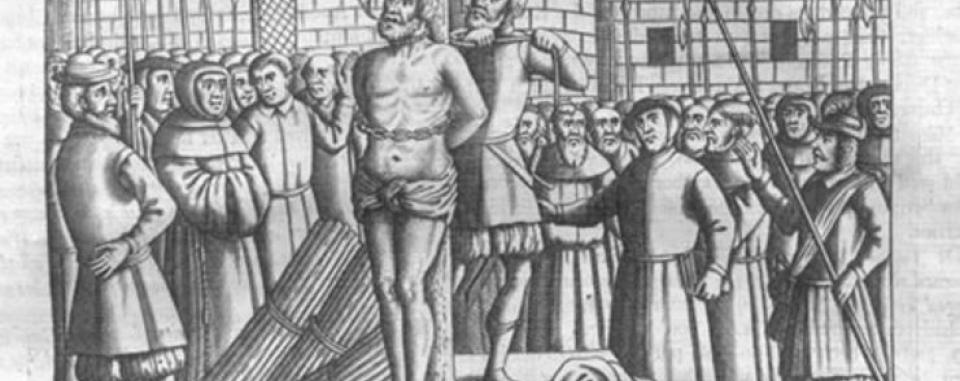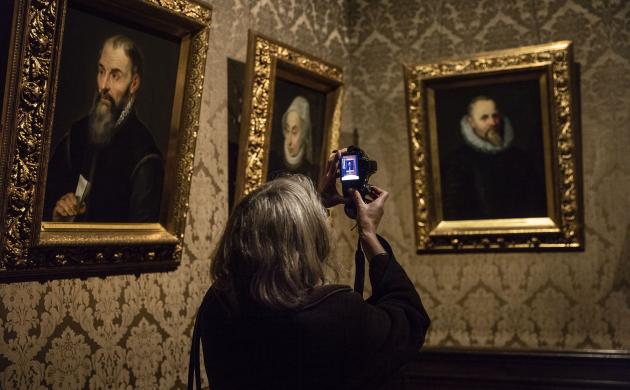England flourished brilliantly under the Tudors, but it was also a time of religious tensions. During the reign of Henry VIII, the first Protestant Bibles in English helped ensure unity in the kingdom.
A new standard for modern English
The pivotal figure in the publication of the first English translation of the Bible, the so-called Coverdale Bible of 1535, was William Tyndale. In slightly modified form, readings from this Bible were used in all English churches from 1539. In this way, it formed the basis for a new standard for modern English. Moreover, Bible commentaries contributed to individual articulacy and awareness. In this way, the modern nation emerged. Parliamentary England became the ‘mother of modern democracy’.
Antwerp’s openness
Tyndale worked in Antwerp between 1526 and 1538, having been forced to flee Cologne. Antwerp’s openness thus contributed to the formation of the English nation.
Persecuted
Here too, though, Tyndale was not safe. He was captured by the troops of Charles V, condemned as a heretic in September 1536, and strangled and burned. In a letter written from prison in Vilvoorde, he asked for warmer clothes, but especially for his Hebrew Bible.
Exhibition
The exhibition displayed this letter. It also took a comprehensive look at a number of precious English Bibles, including some unique examples, and at the work of Tyndale. In addition, it focused on the world of Antwerp’s Bible printers in the mid-16th century.
03.09.2002 – 01.12.2002



